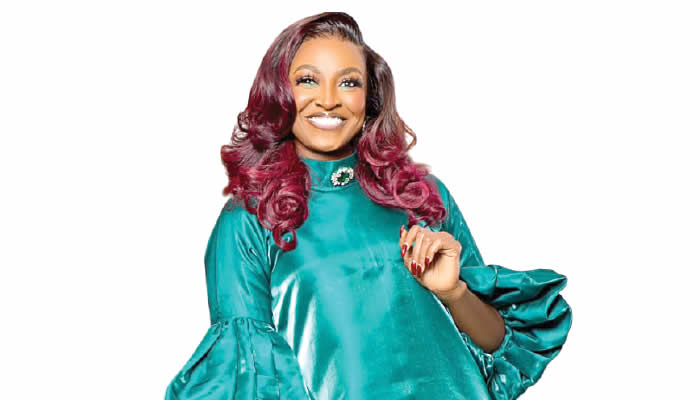Veteran Nollywood actress Kate Henshaw has launched a powerful critique against the deeply ingrained societal biases and discriminatory legal frameworks that perpetuate the unequal treatment of women in Nigeria. Henshaw argues that the prevailing perception of women as inferior to men is a distortion of the original intent of creation, as depicted in biblical accounts. She contends that women were created not as subordinates, but as equal partners to men, intended to stand beside them, share in responsibilities, and contribute equally to society. However, this fundamental principle of equality, she posits, has been systematically eroded over time by a confluence of cultural norms, religious interpretations, and legal provisions, resulting in a social landscape where women are routinely marginalized and denied their fundamental rights.
Henshaw’s criticism extends beyond general societal attitudes to encompass specific legal provisions that enshrine discriminatory practices. One of the most glaring examples she cites is the discrepancy in citizenship laws concerning foreign spouses. While foreign women married to Nigerian men are afforded a relatively straightforward path to Nigerian citizenship, foreign men married to Nigerian women face significant hurdles and bureaucratic obstacles in obtaining the same privilege. This disparity, Henshaw argues, underscores the inherent bias within the legal system that prioritizes the rights of men over those of women, implicitly reinforcing the notion that women are somehow less capable or deserving of equal treatment under the law.
Furthermore, Henshaw takes issue with certain clauses within the Violence Against Persons Prohibition (VAPP) Law, which, despite aiming to protect individuals from violence, paradoxically contains provisions that permit men to “reasonably chastise” their wives. This legal loophole, she contends, not only normalizes but also effectively legitimizes domestic violence, creating a dangerous environment where women are vulnerable to physical and emotional abuse under the guise of “chastisement.” The inclusion of such a provision, Henshaw emphasizes, undermines the very purpose of the law and perpetuates a cycle of violence against women.
Henshaw’s criticisms highlight the complex interplay of cultural, religious, and legal factors that contribute to gender inequality in Nigeria. She challenges the prevailing narratives that often justify discriminatory practices by invoking religious or cultural traditions. Instead, she calls for a re-examination of these interpretations, emphasizing the importance of returning to the core principles of equality and respect that should underpin all human relationships, regardless of gender. Her advocacy goes beyond simply pointing out the flaws in the system; it calls for a fundamental shift in mindset, urging society to recognize and dismantle the deeply entrenched biases that contribute to the marginalization of women.
The actress’s public stance underscores the urgent need for comprehensive legal reforms that guarantee equal rights and protections for women. She advocates for the removal of discriminatory clauses within existing laws, such as those pertaining to citizenship for foreign spouses and the provision that allows for the “reasonable chastisement” of wives. Henshaw believes that by amending these discriminatory laws and implementing policies that promote gender equality, Nigeria can create a more just and equitable society where women are empowered to reach their full potential without facing systemic barriers based on their gender.
Henshaw’s outspoken criticism serves as a powerful call to action, urging Nigerian society to confront and dismantle the ingrained prejudices that hinder women’s progress and perpetuate inequality. Her advocacy highlights the importance of not only amending discriminatory laws but also of fostering a cultural shift that values and respects women as equal partners in all spheres of life. By challenging the status quo and demanding systemic change, Henshaw contributes to the ongoing struggle for gender equality in Nigeria, paving the way for a future where women are afforded the same rights, opportunities, and respect as their male counterparts.


